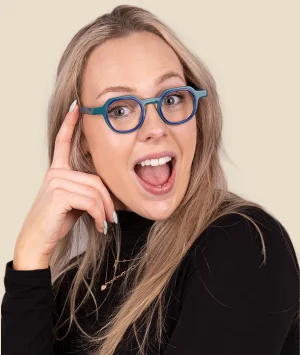A curious patient is a healthy patient.
The curiosity of a patient tells the doctor that they want to be involved in the solution of their illness. But most often, we fail to take advantage of the short time with that one person who knows everything about our health.
Even during eye exams, there are certain questions you can ask your eye doctor. If you’ve been having certain issues in your vision, ask your doctor about the same. They are the best people to seek first-hand information from.
If you have an eye exam coming up and don’t know what questions to ask your eye doctor, here are 10 questions to set you on track.
1. Which test are we going to have today?
If you get anxious before physical exams or tests, knowing what test your eye doctor is going to perform will put you at ease. You’ll feel comfortable and calm on your visit.
Learn about the instruments or optical tools they’ll be using for the test. You can also ask them why they are performing a particular test and what could be the side effects of it. For example, if you know that a particular eye test will affect your vision, you can have someone drive you home.
It only pays to be well aware and informed when it comes to your vision.
2. What do my results mean?
It’s okay not to understand everything that’s written in your prescription. Your optometrist is there to put your results into simple terms.
Ask your doctor to help you understand your symptoms better and if there’s anything that’s incomprehensible, don’t hesitate to ask for clarification.
If your prescription seems too complicated, take the help of your optometrist to figure it out. They will tell you about the meaning and uses of different letters, symbols and numbers written on your prescription.
3. Do I have a higher risk of eye disease?
Do you know that most eye diseases develop without showing any symptoms first? And when you don’t see symptoms, you can’t tell whether your eyes have a problem (unless it gets worse of course).
Make sure to tell your eye doctor about your family’s medical history and any eye disease that your parents or grandparents have. Based on your eye health mixed with the genetic factors, your doctor will be able to tell you if you have a risk of an eye condition.
But, even when you have no risk for any vision problem at all, certain eye conditions can be acquired pertaining to your poor or unhealthy lifestyle which brings us to our next question.
4. What lifestyle changes can I make to protect my eyes?
Well, there’s no other person who knows your lifestyle better than you. But since you’re in the company of an eye health expert, you shouldn’t leave the chance of getting the best information.
To prevent eye diseases and disorders, optometrists can recommend a number of lifestyle changes that’s healthy for your eyes.
For example, you can start off by telling them about your diet and what you eat in a day. Make sure to provide them with other information such as your screen time to get the best suggestions from them.
Make sure you use the tips given by your doctor to protect your eye health for a long time.
5. Should I get glasses for screen time?
We all have screen addiction. Whether it’s using a smartphone to chat with friends, working on the office laptop for 9 hours straight or watching late-night television, screen time is a big chunk of our lives.
If you can’t get your eyes off bright screens, then you probably have a bitter counter with eye strain and blurry vision every day. And you must be thinking to yourself ‘should I get blue filter glasses for myself?’
Well, who’s a better candidate to answer this question than a subject matter expert? They’ll tell you about the possible benefits of these glasses for you and will also suggest to you some ways you can reduce eye strain from screen use.
6. When should I schedule my next visit?
Most people postpone eye exams until they develop a new vision problem or an exiting problem gets worse. However, these exams do more than just giving you news about your eye health. There are a number of health conditions that your eye doctor can detect during a comprehensive eye exam.
So, it only makes sense that you ask your optometrist about when you should visit next. Based on your age, eye health and medical history, they’ll tell you how frequently you should have these tests.
According to NHS, people should get their eyes checked every two years. But if you have an eye condition, then you should schedule an appointment with your optometrist every year.
If you’re under 16 or older than 60 or have, you can get NHS free eye test. But no matter what your age or medical history is, Specscart offers a free eye test to everyone. You just need to book an appointment first and our team of professional optometrists will take care of the rest.
7. Which vision-related warning signs should I pay attention to?
If someone in your family has an eye disorder, you must not skip this question in your next visit to your eye doctor’s office. Also, if you have a pre-existing eye condition, you should be aware of the warning signs that indicate the worsening of your eye health.
Even the small changes in your vision can go unnoticed if you aren’t well-informed. Knowing the signs and symptoms beforehand will help you seek early treatment in case they show up. The sooner you get treatment, the more likely you’ll get rid of the problem.
8. Do eye drops have any side effects?
Most of us use over-the-counter eye medicines and drops without asking an expert first. It’s a good idea to ask your eye doctor about the side effects of the medications you take.
Some eye drops have side effects such as blurred vision and eye redness which makes it difficult for you to work or drive. So, whether you use or are about to use these medications, it’s smart to know about the risks you’ll be exposed to.
If you have any allergy or reaction from any medicine, make sure you tell it all to your eye doctor so they can warn you about the use of certain medications.
9. Can my eye condition be treated?
Whether your eye problem is new or you’ve had it for a long time, it’s good to know if it could be treated. Ask your eye doctor if there’s a cure for your eye problem and if they say yes, learn about the different treatment options and what’s the most suitable for you.
If you need to learn more about your condition, don’t hesitate to request an in-depth explanation from your eye doctor. They are the best people to know, understand and manage your particular condition in a better way.
You only have one set of beautiful eyes. It’s your responsibility to take care of them and prioritise their health. If you have something to ask, your eye doctor is the best person to answer all your questions. It’s only when you know better that you can take care of your eyes in a better way.
 30 Under 30 Europe 2024
30 Under 30 Europe 2024

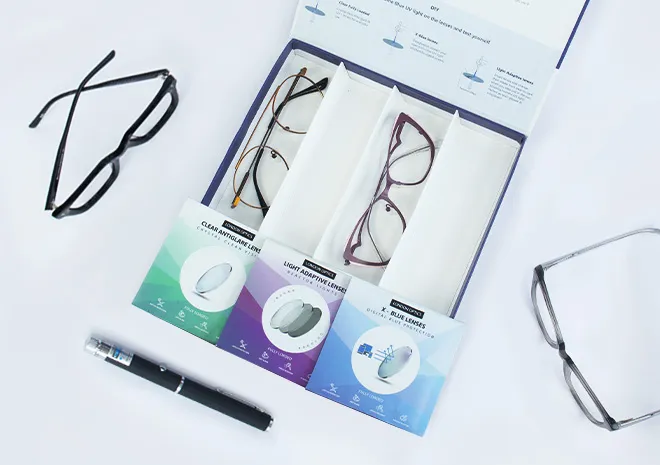





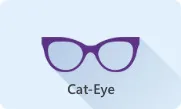




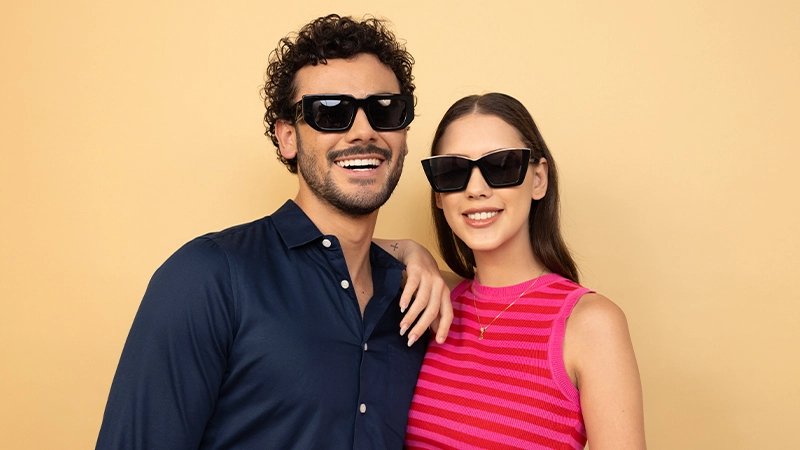






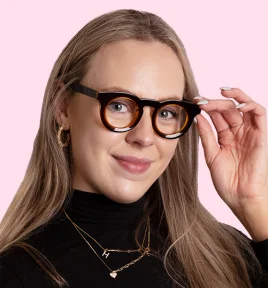


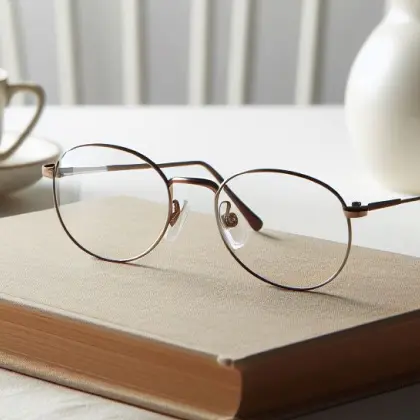

 Terrible
Terrible
 Bad
Bad
 Okay
Okay
 Good
Good
 Amazing
Amazing

 Google
Google
